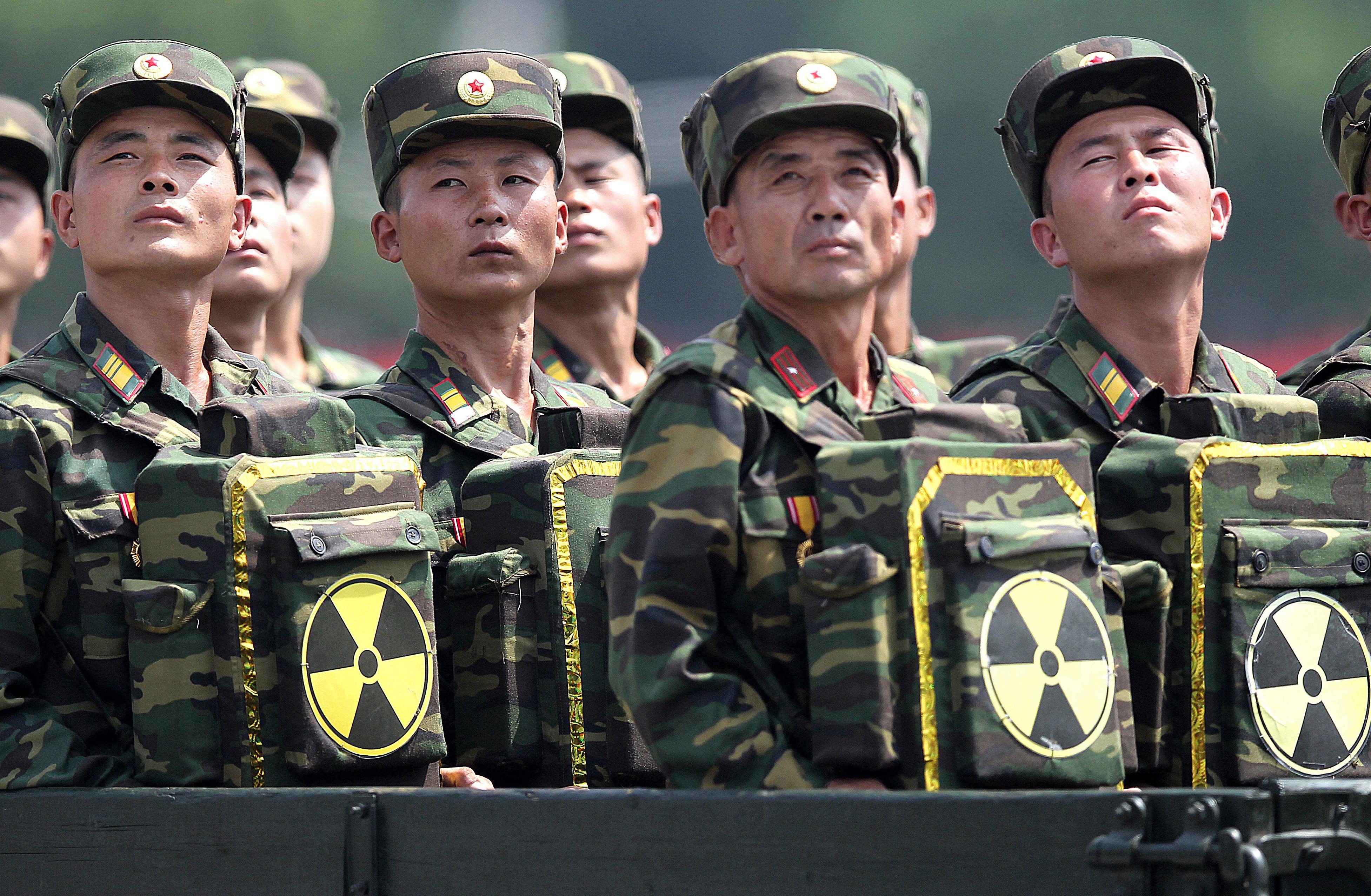
Joseph S. Nye, Professor, Harvard University
Dec 20, 2017
North Korea announced that it has mastered nuclear strike capability and become a full-fledged nuclear state. Like previous US presidents, Donald Trump has said that this state of affairs is intolerable. So now what?
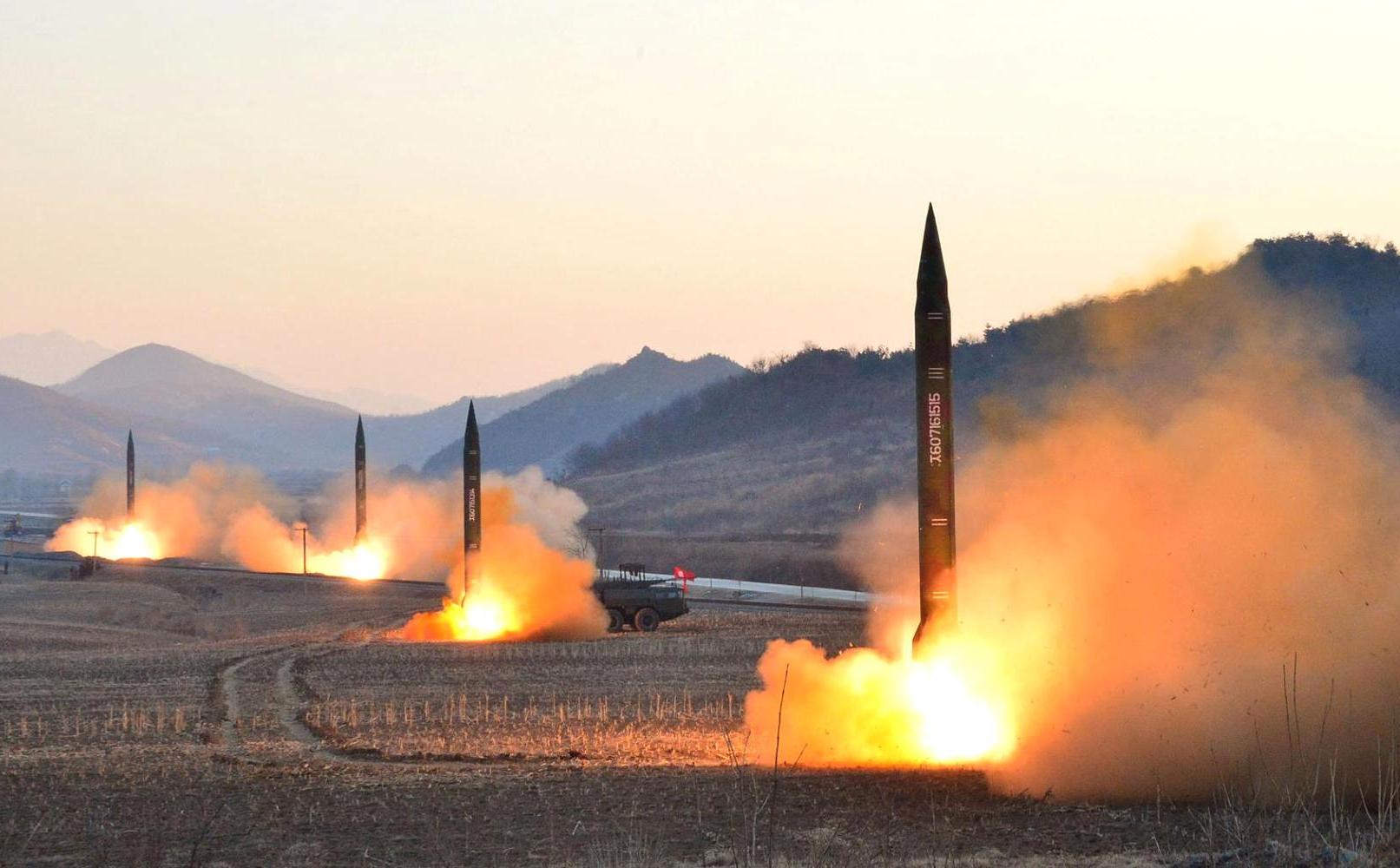
Fu Ying, Founding Chair of Center for International Security and Strategy, Tsinghua University; China's former Vice Minister of Foreign Affairs
Dec 19, 2017
The Korean nuclear issue has now entered a dangerous stage like a fast train in a dark tunnel. The window for peaceful settlement isn’t completely closed and the current crisis should be turned to an opportunity.
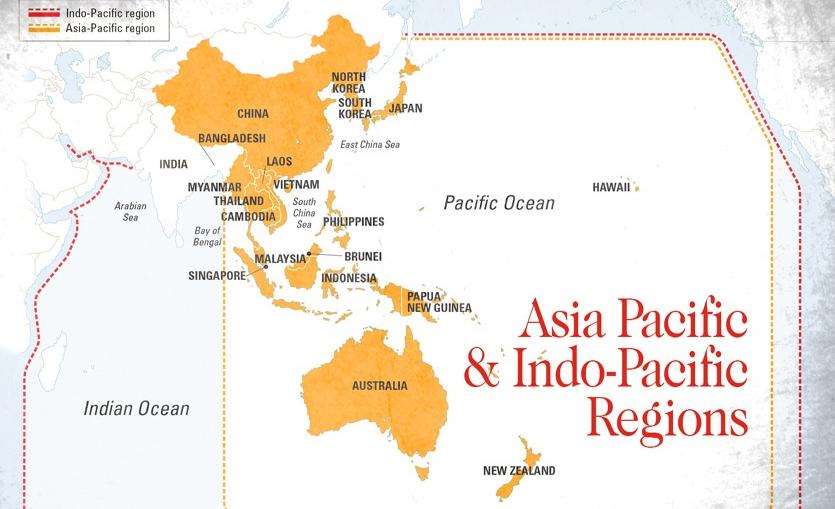
Dec 19, 2017
The convergence of strategic threats to India, and the legacy of failed American policy in the region, have seen the resurgence of the once defunct Quadrilateral Security grouping. In doubling its efforts to serve as a regional counterweight to Chinese influence to ensure the sustained freedom of the seas and to stymie any Chinese efforts to gain control over crucial sea lanes to potentially block free trade, India would signal its leadership role.
Dec 18, 2017
Timing is everything. Mere days after Google CEO Sundar Pichai's surprise appearance at China's annual internet conference, Google announced that it is opening a research center in China dedicated to studying artificial intelligence (AI). AI, "in a sense, is already here.
Dec 18, 2017
As President Xi Jinping's speech at the 19th Party Congress showed, environmental protection has become an important priority for China in terms of its growth towards a prosperous, modern society.
Dec 18, 2017
China-US Focus contributor Franz-Stefan Gady posed the following question in his recent article: "Will North Korea's Recent Missile Test Increase Chance of Talks?" It appears that Secretary of State Rex Tillerson thought so.
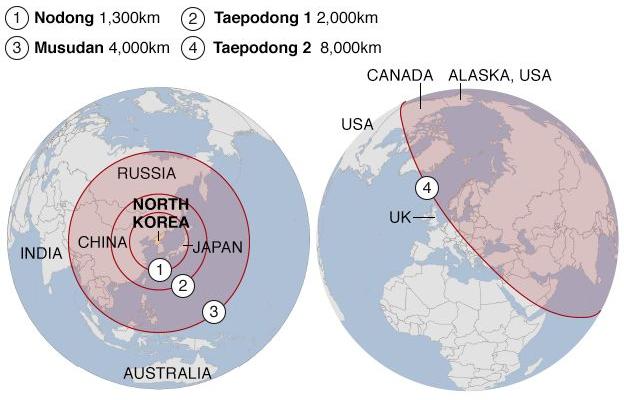
Yue Li, Senior Fellow, Pangoal Institution
Dec 14, 2017
It’s commonly acknowledged that North Korea won’t give up its nuclear weapon program anytime soon, so there’s no use being unhappy about it. It is also unhelpful to regret past opportunities to stop the program
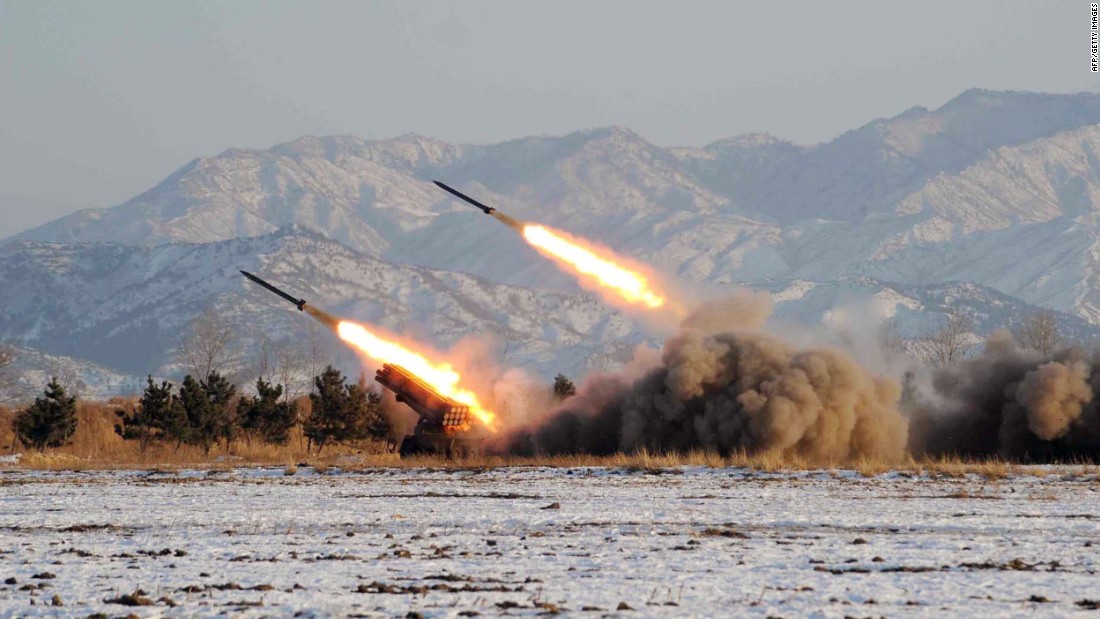
Fan Gaoyue, Guest Professor at Sichuan University, Former Chief Specialist at PLA Academy of Military Science
Dec 07, 2017
If the US and South Korea agree to dual suspension, North Korea should agree to a timetable for its denuclearization – or be denuclearized by force.

Richard Javad Heydarian, Professorial Chairholder in Geopolitics, Polytechnic University of the Philippines
Dec 05, 2017
The Association of Southeast Asian Nations (ASEAN) wrapped up the 50th anniversary of its founding by finalizing a series of landmark agreements. Among them was the much-anticipated framework of a Code of Conduct (COC) in the South China Sea, which has been more than two decades in the making. Yet, upon closer examination, the diplomatic jubilation over the trajectory of COC negotiations rings hollow.
Dec 04, 2017
In the early hours of Wednesday morning, Pyongyang's most capable missile to date made its maiden flight. Christened the Hwasong-15, nuclear experts have gone s
Back to Top

- China-US Focus builds trust and understanding between the U.S. and China through open dialogue among thought leaders.
- Our Offerings
- Topics
- Videos
- Podcasts
- Columnists
- Research Reports
- Focus Digest
- Stay Connected
-
Thanks for signing up!
- Get the latest stories from China-US Focus weekly.